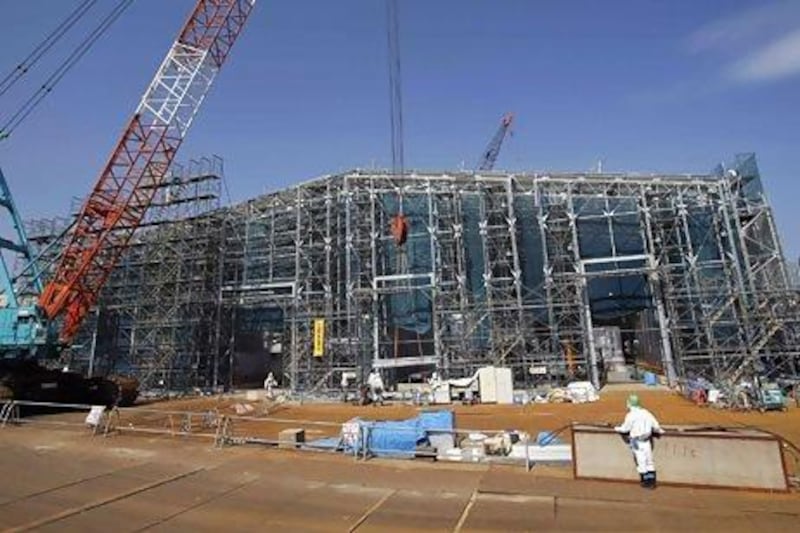Companies have valuable lessons in transparency to glean from the Fukushima disaster, said the author of an independent report on the accident that famously called it "Made in Japan".
Dr Kiyoshi Kurokawa, the chairman of the committee appointed by Japan's parliament to investigate the March 2011 triple meltdown at the Fukushima Dai-ichi nuclear power station, blamed a lack of transparency and a fear of authority for the extent of the crisis in the landmark 641-page report published last year.
Corporations around the world should embrace openness to avoid the same pitfalls as seen at Fukushima, he said during a visit to Abu Dhabi, pointing to the example of Olympus, the camera maker that shocked investors in 2011 with revelations of financial fraud dating back to the 1990s.
"The world demands more transparency from government and companies because of connectivity," said Dr Kurokawa. "You can't hide. So that means when something happens, unless you have some kind of process you lose the credibility. And once you lose credibility, particularly up in the government or the big companies, that takes a long time to recover."
This month Japan marked the second anniversary of the Fukushima disaster, referred to by some simply as "3/11". Only two of Japan's 50 operational reactors are online today.
Elsewhere, construction is continuing on new reactors, including in Abu Dhabi, but some companies have taken a hit from aborted atomic energy plans in Europe. Nuke, the stock index of nuclear operators and providers, has lost a quarter of its value since the accident. Dr Kurokawa calls Japan, which before the accident kept its nuclear promoter and regulator housed in the same ministry, a classic example of "regulatory capture" - when an agency created to safeguard the public interest instead becomes a proponent of the industry.
"That happens in every country," said Dr Kurokawa, a nephrologist who also serves on the board of Abu Dhabi's Khalifa University and met Emirates Nuclear Energy Corporation representatives while in the capital. "With politics and money and government, that always happens."
For Japan, the potential for reputational damage was acute.
"When you say Japan, what is the key word you say? Technology, right?" he said. "If it was in one of the failed states, everybody would say, OK, that happens."
Dr Kurokawa stressed the importance of open post-mortems on such accidents - he posted the commission's proceedings on YouTube, in part because he hoped it might influence decisions to restart reactors - but that during normal operation, the degree of transparency was for individual countries to decide.
"It's a national governance issue," said Dr Kurokawa. "When it comes to a nuclear accident, which is relevant to the rest of the world, you have to make it fairly transparent."
More coverage, b6





